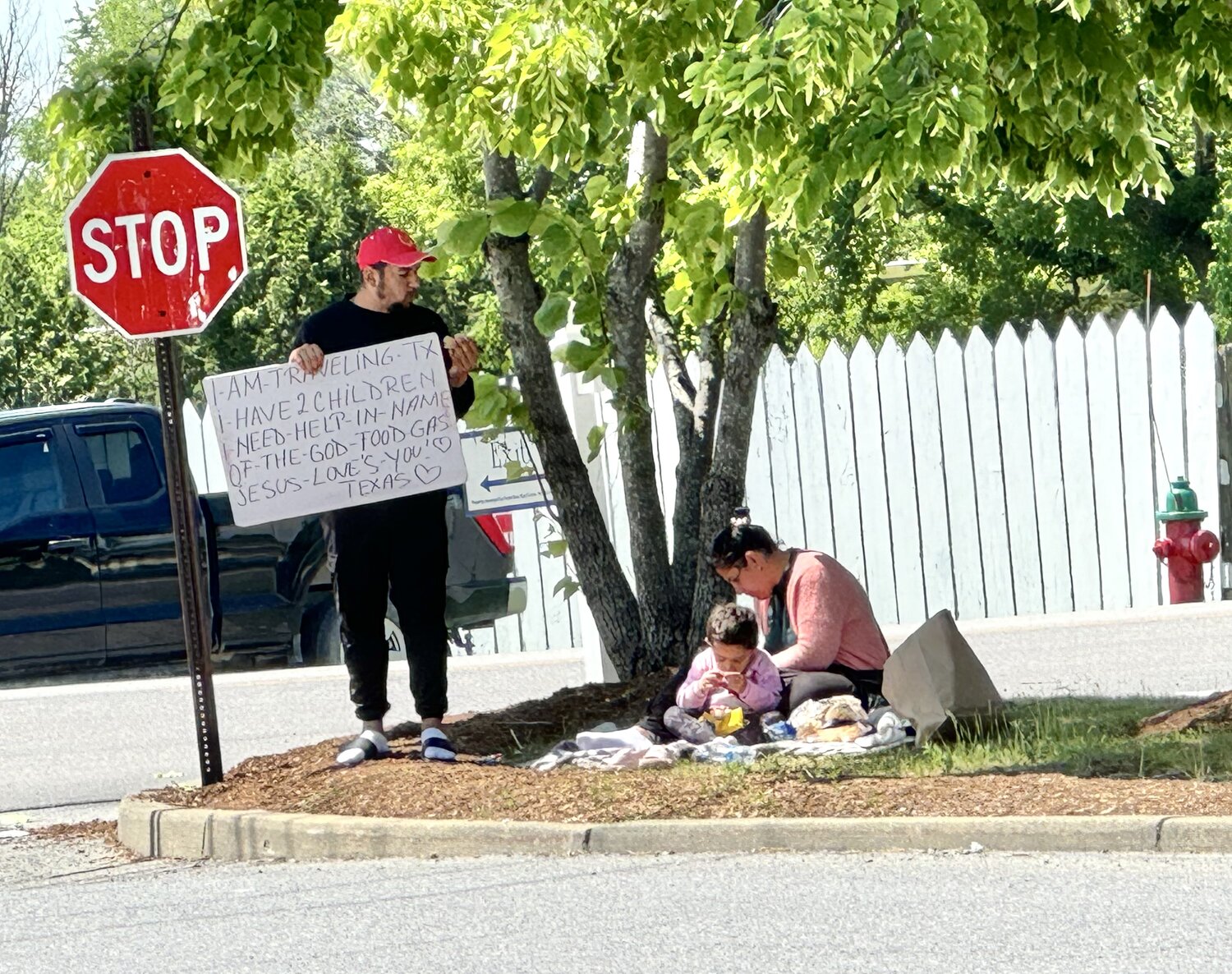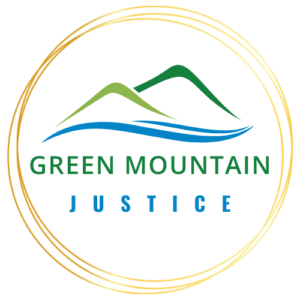The Prison That Is Impoverishment

Poverty is a prison. Centering the lives and needs of the marginalized and oppressed, Green Mountain Justice steps inside that prison every day to be present and support the beloveds kept there. But we get to leave. They remain, sometimes for generations, struggling to survive within the norms and expectations that the powerful, their systems, and their institutions have set for them.
It discomforts the privileged to say, but the truth is the “haves” have created the conditions that imprison the impoverished. (I use the word “impoverished” because the noun “poverty” does not adequately convey the actions perpetrated by the privileged that result in the conditions of inequity and injustice.)
Us privileged folks take advantage of the systems we’ve created, and we surround ourselves with families and tribes that validate our dreams and lifestyles. Many of us write checks to charity (taking full advantage of the tax deductions of course) and volunteer for “community” groups and social service organizations. We establish institutions around creeds like “justice for all” and individualistic beliefs that anyone can achieve their dreams and hard work pays off. And yet inequity, disparity, and divisiveness grows. Notwithstanding the “like-minded” elites we install in our institutions to comfort us, affirm our choices, and perpetuate self-supporting systems, the prisons holding the impoverished grow larger, suffering increases, and our society grows more unstable.
Green Mountain Justice operates with an unequivocal position on the value of equity. Respecting the inherent and equal worth of every person means that the needs of the disenfranchised cannot be subordinated to those of the enfranchised. Perhaps nowhere is this value more institutionally evident than in budgets. Budgets are moral documents. Over 90 percent of the donations Green Mountain Justice receives go directly to relational connections and care for our marginalized and oppressed neighbors. In a world where the majority of social service organizations’ budgets are allocated to staff costs, we are committed to more direct investments in pulling people out of the intersections of the cross-flowing traffic of forces that create impoverishment.
This week, we welcomed another three families into our network of “neighbor care.” Each of them described their situation as a confinement. And they actually apologized for not meeting society’s expectations. We have infected them with the kind of deep shame that makes them feel they need to apologize for not always making the best decisions or recognizing when a catastrophe is about to strike them. Imagine not only having to navigate a system devoid of the basic freedoms and opportunities needed to create a better life, but feeling the need to apologize to the privileged that created that system to begin with.
We need a revolution of value-driven compassion, empathy, action, and accountability to release those incarcerated by impoverishment and destroy the prisons that threaten their children. Please donate and join us—Green Mountain Justice and the marginalized neighbors for whom we care—as we connect, build trust, and create healthier, more just relationships in our Green Mountain home.
